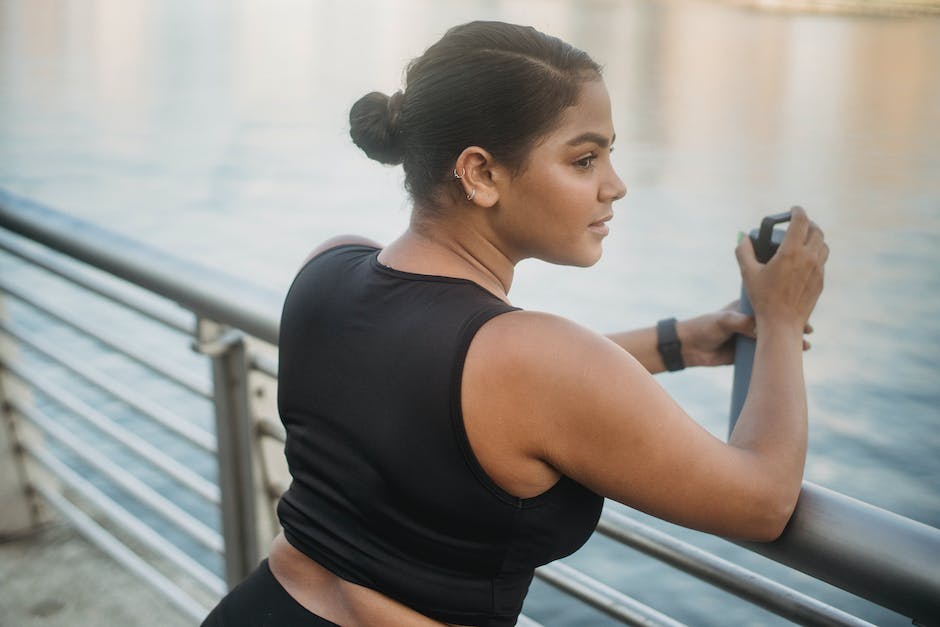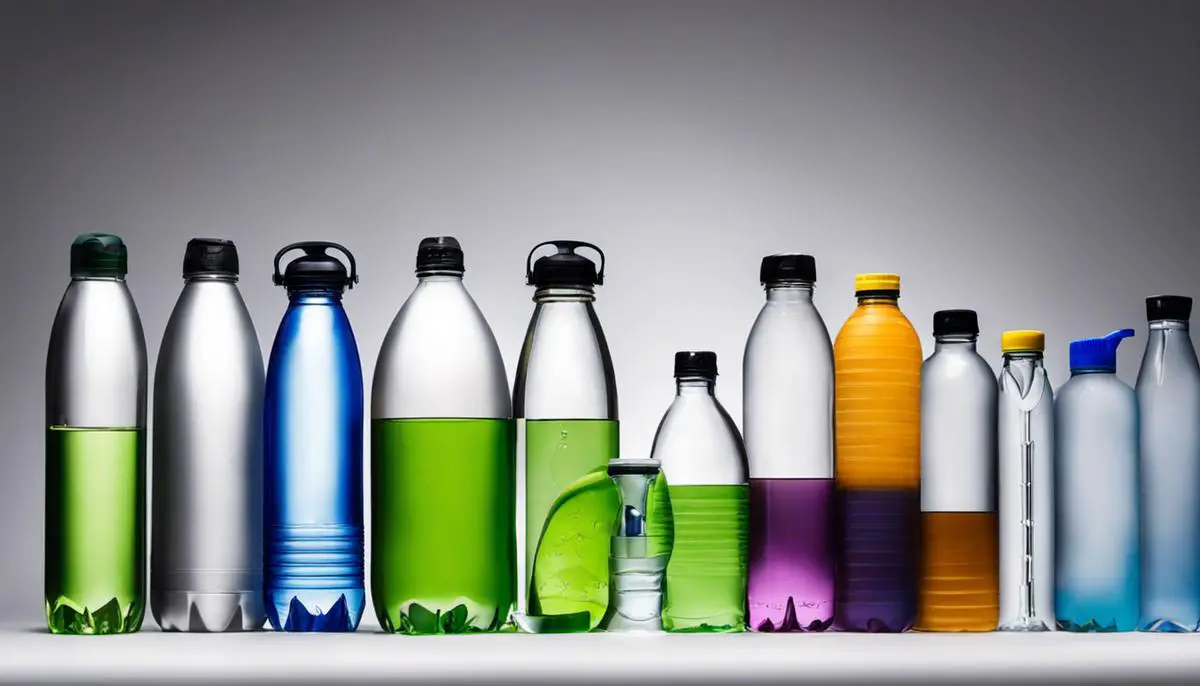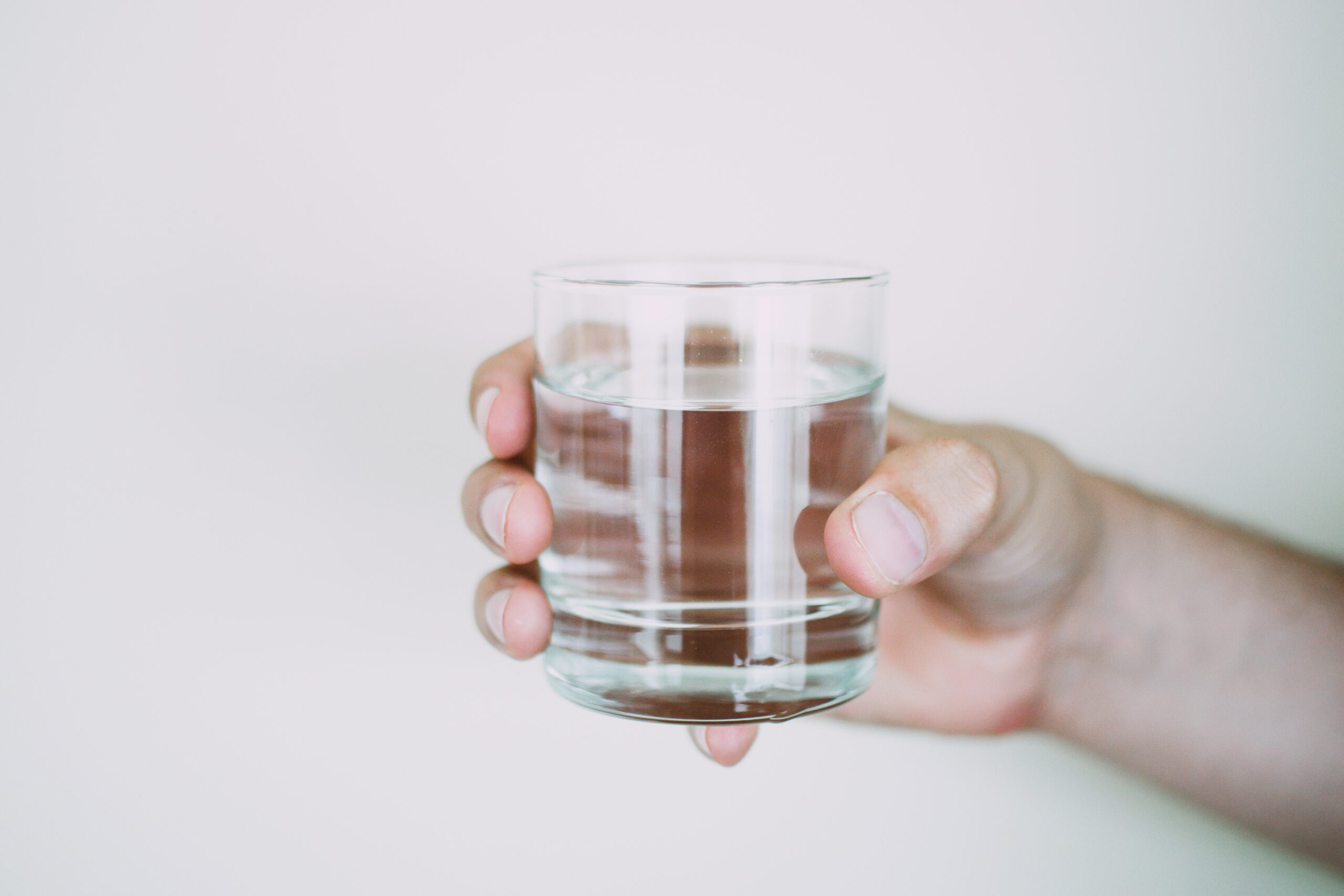Hydration is more than just quenching your thirst – it’s a cornerstone of human health, fueling our bodies to function optimally, and ensuring we’re at our best every day. Staying properly hydrated may seem simple and sometimes taken as a given, but it embodies a specific science we must understand to be truly effective at monitoring our water intake. In consideration of the health imperative of keeping oneself adequately hydrated, the question often arises: which is better for keeping tabs on your daily intake – jugs or bottles? This crucial query demands an exploration into the strengths and weaknesses of both options. As we dive into an in-depth comparison, focusing on variables such as size, portability, marking systems, ease of cleaning, and technological advancements, we hope to equip you with the knowledge to make an informed decision.
Understanding the Importance of Hydration
Understanding the Importance of Hydration
Hydration plays a critical role in our health and wellbeing. Water makes up about 60% of adult body weight and is important for several biological functions, such as maintaining body temperature, cushioning joints, aiding digestion, and regulating body weight. Water also supports cognitive functionality and mood, and consistent hydration can contribute to improved concentration and alertness. Notably, insufficient hydration can lead to dehydration, a condition which can be damaging to our health. Symptoms of dehydration can include dizziness, fatigue, dry mouth, and headaches.
The Recommended Daily Water Intake
How much water someone needs to drink each day depends on many factors, including the weather, physical activity, and individual health conditions. However, the U.S. National Academies of Sciences, Engineering, and Medicine has provided general guidance: about 3.7 liters (or 13 cups) for men and 2.7 liters (or 9 cups) for women daily. This includes all beverages and water-rich foods.
Monitoring Your Daily Water Intake: Jugs Vs Bottles
Keeping track of your water intake can be challenging. That’s where the role of water containers like jugs and bottles comes in. Each has its advantages and pitfalls when it comes to monitoring hydration.
Jugs are typically larger than bottles and can hold the total amount of water you need to drink in a day. For example, a jug that holds 2 liters can cover most people’s daily needs. This one-container system makes it easy to visualize your progress throughout the day. However, the size of jugs can also be a drawback, as they can be heavy and unwieldy, making them less portable than water bottles.
Water bottles, on the other hand, are much more convenient for on-the-go hydration. They are lightweight, easy to carry, and fit well in car cup holders and bag pockets. Many water bottles also have measurement markings on the side that can help you track your intake. However, because of their smaller size, they need to be refilled several times a day to meet hydration goals, which can make it more difficult to keep track of total intake.
Benefits of Water Apps and Digital Water Bottles
Another approach to tracking water intake is through digital aids. Numerous smartphone applications are available that can help monitor hydration and send reminders to prompt water intake throughout the day. Smart water bottles have also made their way into the hydration market. They sync with your device and track your water consumption in real-time. Additionally, these digital bottles come with lights, buzzers, or other reminders to nudge you to drink more water regularly.
Finding a method of hydration that inspires you to consistently drink enough water is essential. Using a jug or a bottle can be a practical tool to ensure you maintain a hydration habit positively affecting your wellbeing and overall health.

Jugs for Hydration
An Introduction to Hydrating with Jugs
A large water jug can be an effective tool for maintaining healthy water intake. They’re often larger than most water bottles, which makes them ideal if you’re striving to consume a large amount of water daily without the inconvenience of frequent refills. Most water jugs can contain up to 1 gallon or approximately 3.8 liters of water. This capacity exceeds the recommended adult daily water consumption, which falls between 2.7 to 3.7 liters, making water jugs a favourable choice.
Portability and Ease of Use
However, the larger size of jugs compared to water bottles can lead to some disadvantages. Possessing a higher capacity for water equates to a heavier weight when filled, resulting in less portability. Carrying a gallon-sized jug around can be impractical and inconvenient for people on the move, particularly when compared to smaller, lighter water bottles that easily fit in purse or backpack.
In terms of usage, many water jugs come with wider mouths that allow for quick and easy refills but can complicate drinking directly from the jug. Some jugs incorporate a built-in straw or a spout for simpler consumption. Choosing a jug with such features can aid users in effortlessly tracking their water intake throughout the day.
Cleaning and Maintenance
Another aspect to consider when choosing between a jug or a bottle for tracking water consumption is the ease of cleaning. Due to their wide mouths, jugs are generally easier to clean than bottles, particularly those with narrow openings. This allows for more effective removal of residue and bacteria, leading to a safer and more hygienic drinking experience.
Monitoring Daily Water Intake with Jugs
With regards to specifically monitoring daily water intake, water jugs can be highly beneficial due to their larger capacity. Many jugs are designed with measurement markings or time markers to aid tracking. These markings allow users to visually keep track of their water consumption and ensure they reach their daily hydration goals.
Utilizing Water Jugs for Daily Hydration
With several options available in the market, water jugs are a convenient alternative to keep track of your daily water intake. One such example is the BuildLife 1 Gallon Water Bottle with Time Marker. This user-friendly jug comes with a flip-top for easy access, and it also encourages your hydration habit with motivational quotes. For those valuing toughness and temperature maintenance, the Hydro Flask Multi-Liter Jugs are made with professional-grade stainless steel and come with a flexible strap for easy portability.
One handy tip to get the most out of your jug is to fill it up at the beginning of each day and keep it within easy reach. This acts as a frequent reminder to hydrate, assisting in forming a regular habit of daily adequate water consumption.

Water Bottles for Hydration
Balance: Pros and Cons of Water Bottles for Hydration Management
Hydration is crucial to our wellbeing, thus it’s worthwhile to discuss the role water bottles play in managing our daily water intake. There’s no denying the convenience of water bottles – they are portable, easily accessible, and designed specifically for reused comfort. However, they do come with a setback. The difficulty lies in tracking the amount of water consumed throughout the day, primarily if the bottle lacks any form of measuring scales or features aiding intake tracking.
Water Bottle Types: Infuser, Marked, Smart
Several types of water bottles cater to specific users’ needs and preferences. Infuser bottles, for example, hold a compartment for fruits, herbs, or vegetables to naturally flavor water, which can entice more frequent sips for those unenthused about plain water.
Marked water bottles, on the other hand, are equipped with measurements or time markings to allow for a visual representation of your daily water intake. This helps users keep track of their hydration goals and encourages regular water consumption throughout the day.
Smart water bottles go one step further by integrating technology into hydration. These intelligent bottles can connect to a smartphone app and give reminders to drink water, track the amount of water consumed, and sometimes even provide data on humidity and temperature. They are quite innovative but can be more expensive than their non-digital counterparts.
Choosing the Right Water Bottle for Individual Needs
When selecting the right water bottle, several factors can come into play. Your lifestyle is one of the primary considerations. If you’re an active person who is often on the move, a sturdy, well-insulated, and leak-proof bottle will serve you best. If you enjoy flavored water, an infuser bottle can encourage more fluid consumption. For those motivated by visual goals, a marked water bottle can be a good choice.
In terms of capacity, some prefer a bigger bottle to minimize refills throughout the day, while others might prefer smaller, lighter bottles for easy portability. Considering these factors can guide you in finding a water bottle that fits your hydration needs and helps maintain your daily water intake.
Water Bottles versus Jugs
Comparing water bottles with jugs, both can serve a purpose in tracking your daily water intake. A jug can hold more water, making it suitable for people who consume a lot of water each day or those who prefer not to refill frequently. Jugs though can be less portable due to their size, making them less ideal for on-the-go hydration. Meanwhile, water bottles, especially the smart and marked types, offer the advantage of more precise tracking, not to mention being more travel-friendly.
It is worth noting, though, that no matter whether you opt for a jug or a bottle, the main goal remains: to keep you well-hydrated while making it easier for you to manage and monitor your daily water consumption.

We’ve traversed through a comprehensive comparison of jugs and bottles as vessels – serves to help you track your hydration efforts. Both have significant pros and cons and are tooled differently to cater to varying lifestyles, needs, and preferences. While jugs offer large capacity and visual appeal, their portability can be an issue. Conversely, water bottles, especially the smart upgraded versions, provide a host of utilities including portability, marked measures, infusion options, and even technological reminders, yet might be limiting in terms of capacity. Ultimately, the selection between a jug or water bottle relies heavily on your personal preference and lifestyle. The important takeaway remains; stay hydrated and keep a close eye on your water consumption. Doing so will foster better health, enhance wellbeing, and improve overall vitality.
